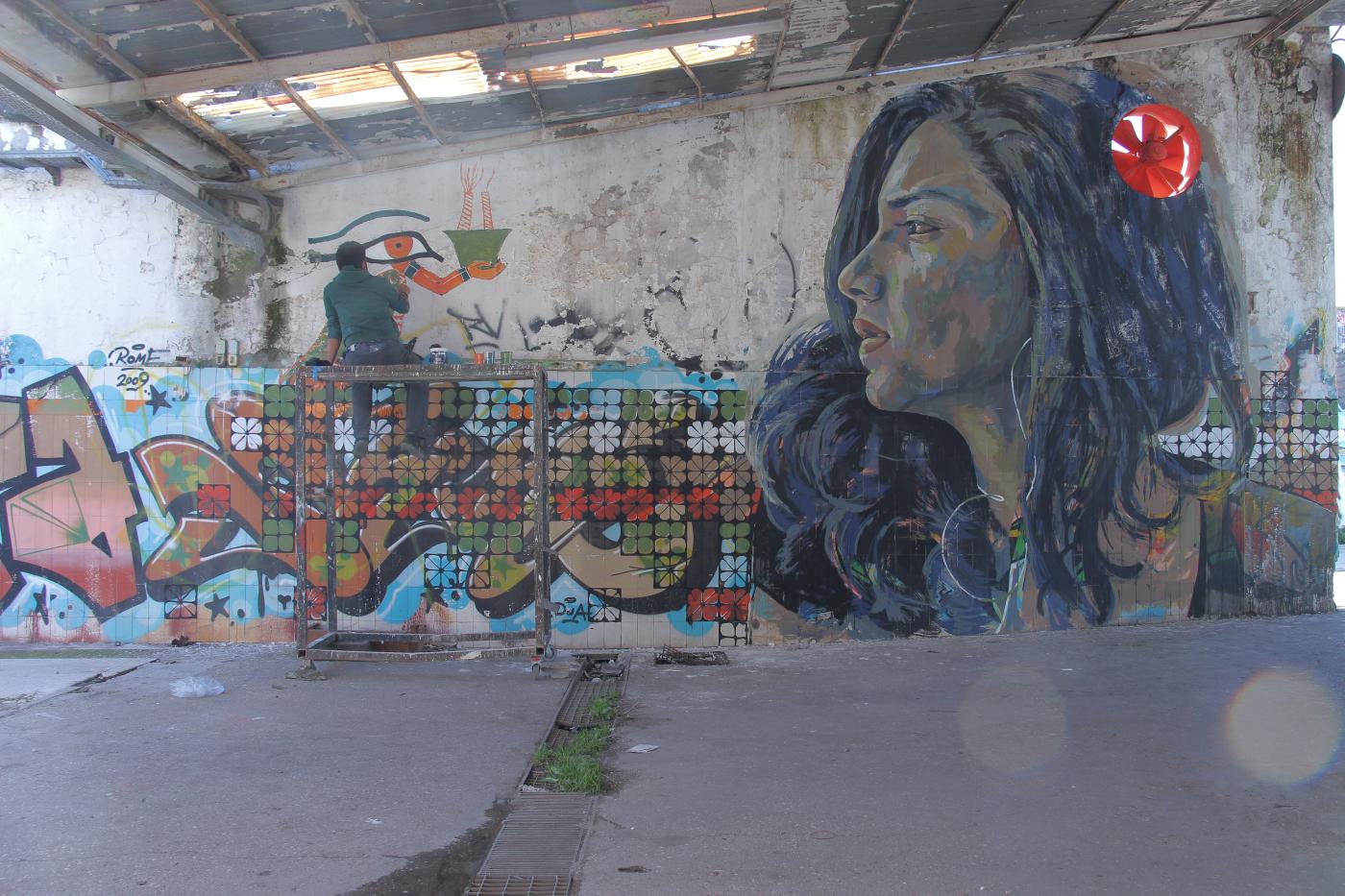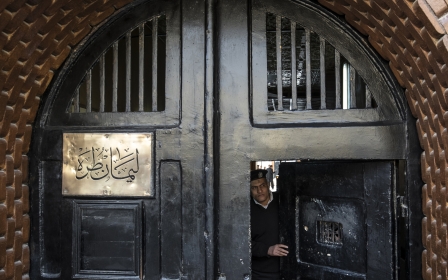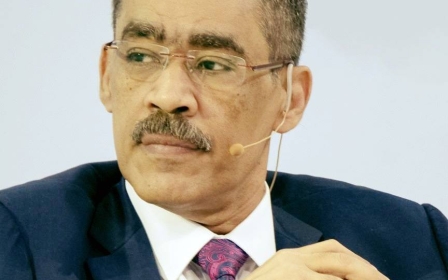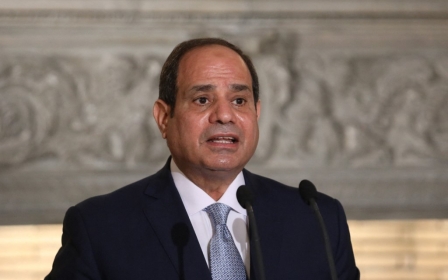Egypt sentences activist Sanaa Seif to 18 months in prison amid global outcry
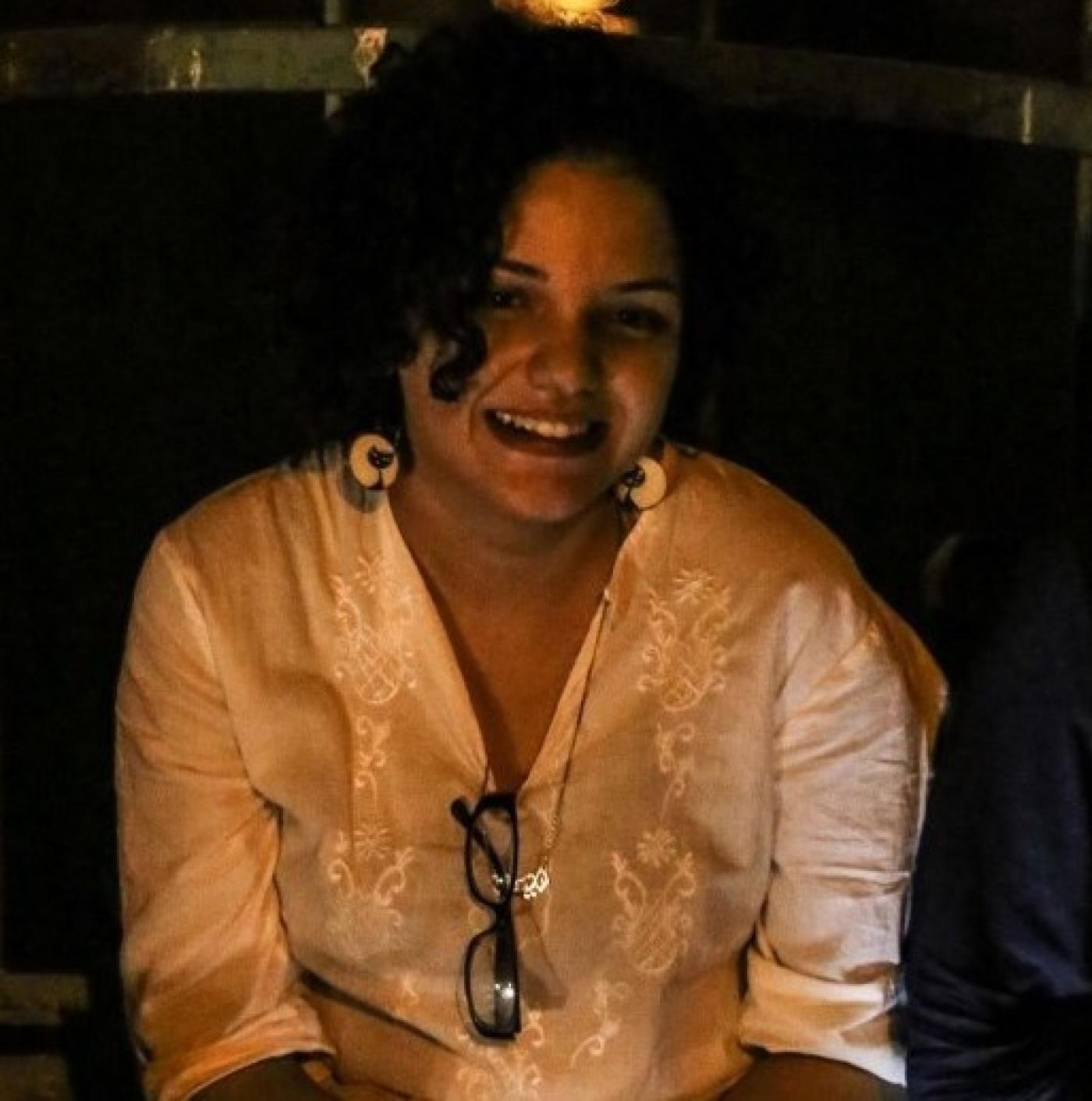
Egyptian activist Sanaa Seif was sentenced to a year and a half in prison on Wednesday, her sister confirmed on Twitter.
Seif, a prominent activist and film editor, was abducted outside the prosecutor-general's office in Cairo on 23 June last year as she was seeking to lodge an official complaint about being attacked the previous day while camping outside Tora prison, where her brother Alaa Abdel Fattah is held.
The 26-year-old activist has since been placed in pretrial detention.
'It is outrageous from the beginning that she was arrested and prosecuted instead of investigating the physical assault against her'
- Amr Magdy, Human Rights Watch
Her sister Mona Seif said on Wednesday that a Cairo court sentenced her to 18 months in prison on charges of "spreading false news related to the Covid-19 pandemic", and "using a Facebook account to terrorise people".
The activist and her mother, Laila Soueif, had been attempting to stage a sit-in in front of the Tora prison gates after they were barred from visiting Abdel Fattah or communicating with him in writing.
A day before Seif’s arrest, she had suffered an injury to the head when she, her sister and mother were attacked outside the prison by a group of plainclothes women who reportedly took instruction from the prison guards and policemen.
Seif was then abducted by officers in plainclothes in front of the public prosecutor's office while she was trying to lodge a complaint with the prosecutor in relation to the attack.
Two months after she was initially detained, the case was referred to the criminal court. Her trial began on 12 September.
Mona Seif documented her sister's wounds online, accusing the public prosecution of disregarding 11 complaints filed by the family to investigate the physical assault.
Amr Magdi, Egypt researcher at Human Rights Watch, called the sentence imposed on Seif "unjust".
"It is outrageous from the beginning that she was arrested and prosecuted instead of investigating the physical assault against her," he told Middle East Eye.
"The sentence shows the status of the Egyptian judiciary today, which is largely in the service of the political interests of the government, rather than assisting in delivering justice."
'Clear and documented violations'
Seif's arrest has been denounced by dozens of international public figures, including Hollywood actors Danny Glover, Maggie Gyllenhaal and Thandie Newton, who signed a joint statement in August calling on Egypt to release her.
On Tuesday, five Egyptian rights groups condemned Seif's continued detention, and said the case has been marred by "clear and documented violations", including the falsification of the official arrest report about the place of her arrest.
The organisations added in a statement shared with MEE that the prosecution interrogated Seif on matters related to her personal life and "turned a blind eye to her complaints about having wounds all over her body", especially her feet and back.
They added that the prosecution only recorded the reason for her wounds, namely the assault by four unidentified women in front of the gate of Tora prison.
The rights groups also said that Seif and her lawyer were prevented from accessing the investigation report and arrest warrants.
Her pre-trial detention was also renewed on paper without allowing her to attend the sessions held to renew her detention on 5, 19 and 28 July, and 17 August 2020. The prosecution claimed that she could not attend as a precautionary measure against the Covid-19 pandemic.
Seif had previously been detained on two other occasions since President Abdel Fattah el-Sisi came to power following a 2013 coup. She was first detained from June 2014 to September 2015 for taking part in "unlawful protests", and was held for another six months in 2016 on charges of "insulting the judiciary".
Seif and her family have been among the most well-known Arab Spring activists in Egypt since the revolution that ousted longtime autocrat Hosni Mubarak in 2011.
Human Rights Watch has estimated that more than 60,000 political prisoners are languishing in Egyptian jails since Sisi came to power in 2014.
Sisi has routinely jailed critics, including secular and Muslim Brotherhood politicians, journalists, and human rights defenders. Hundreds have died in custody due to medical negligence or other poor detention conditions.
Middle East Eye propose une couverture et une analyse indépendantes et incomparables du Moyen-Orient, de l’Afrique du Nord et d’autres régions du monde. Pour en savoir plus sur la reprise de ce contenu et les frais qui s’appliquent, veuillez remplir ce formulaire [en anglais]. Pour en savoir plus sur MEE, cliquez ici [en anglais].


